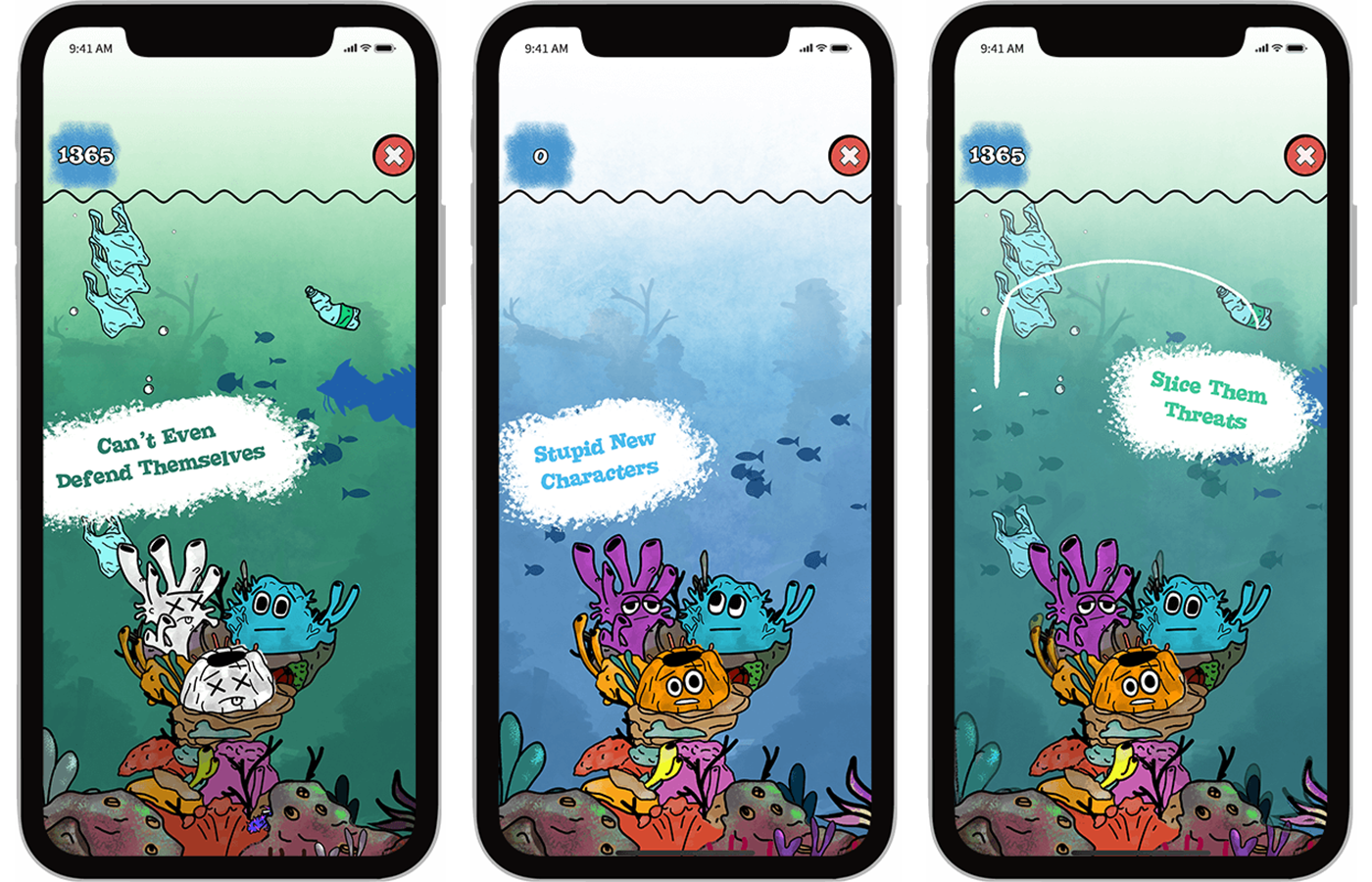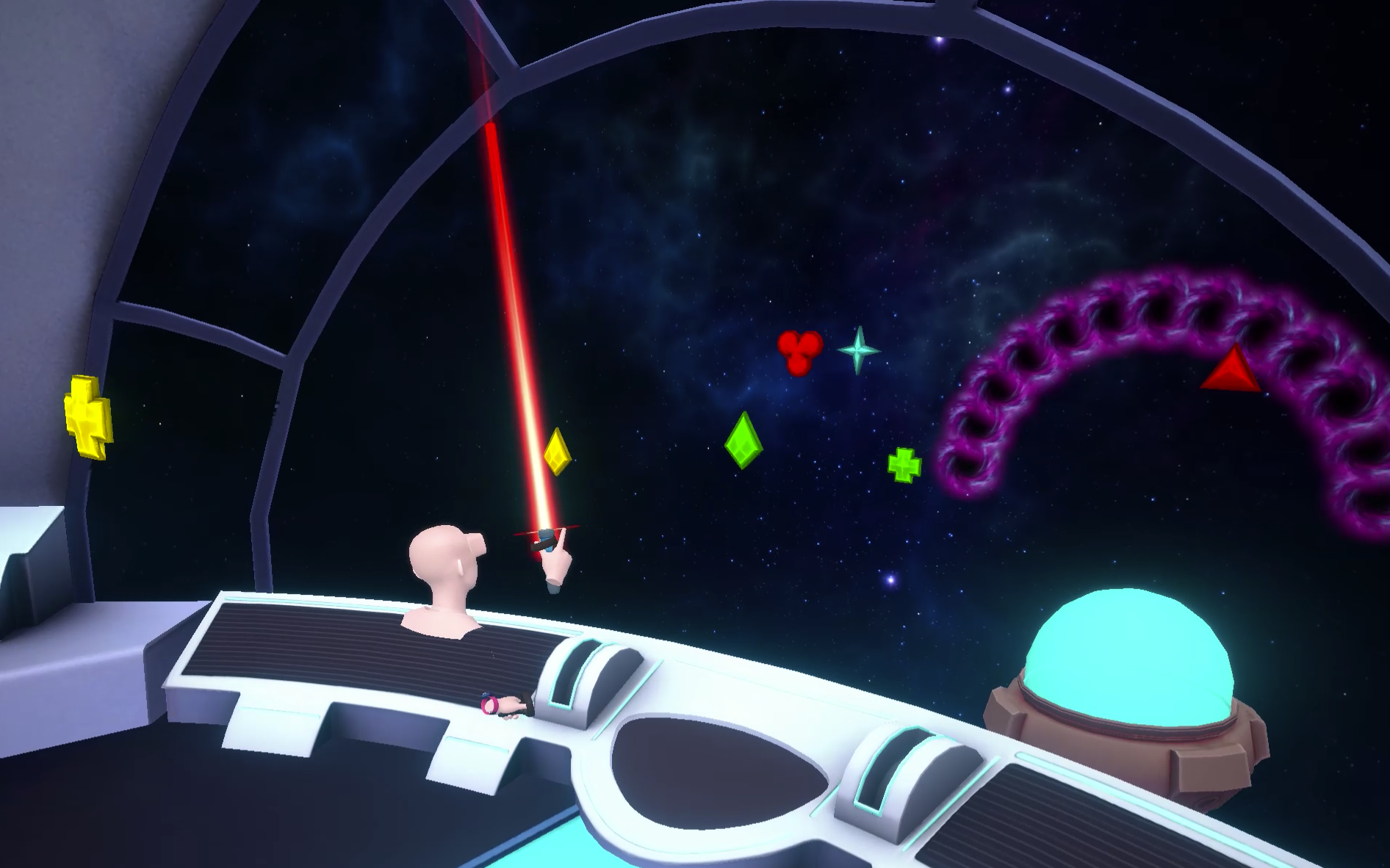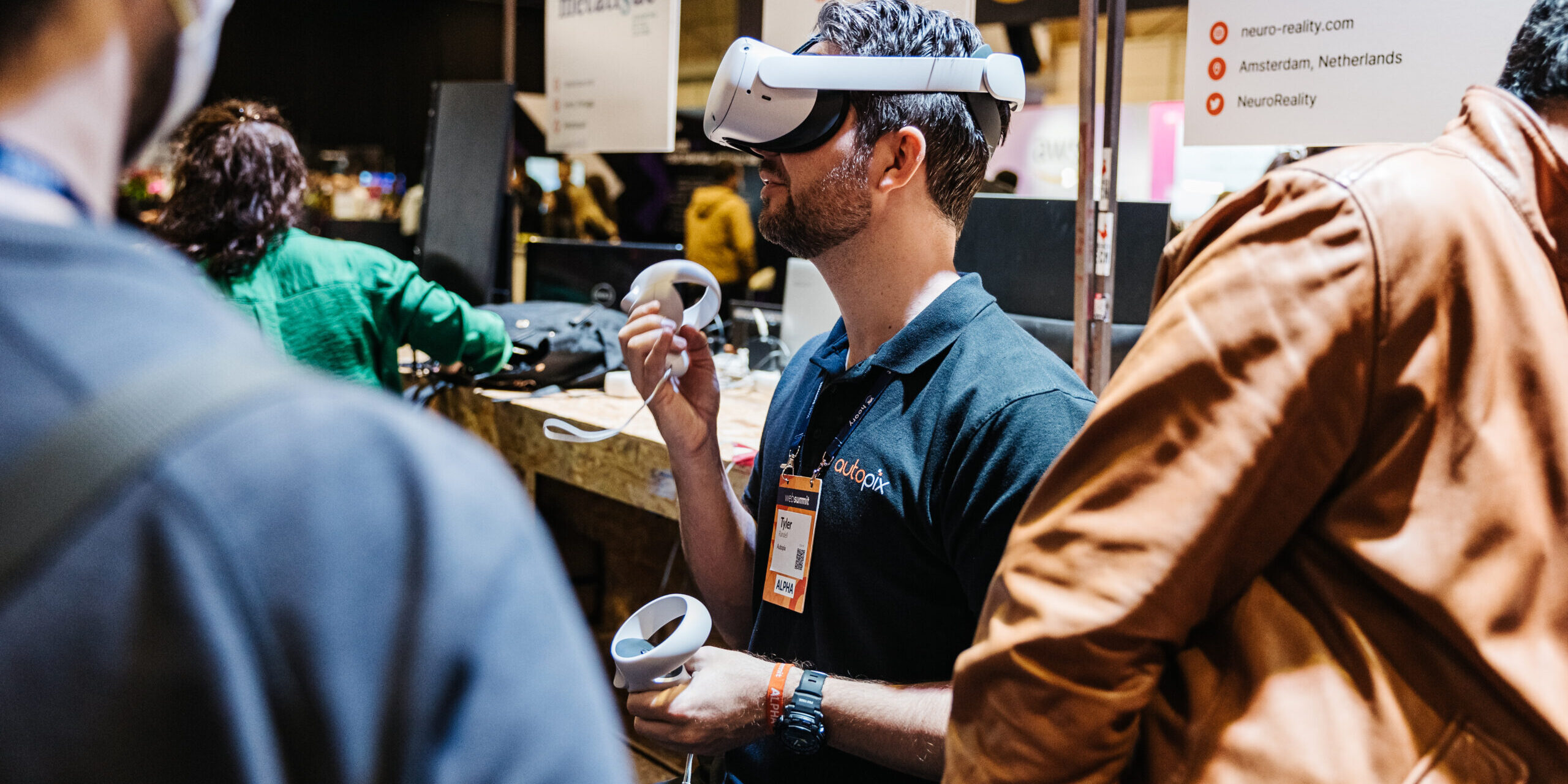Serious Games: Still Fun, but That’s Not the Point
How serious games are transforming rehabilitation
If you think video games are just a way to escape into a fantasy world where you can make that final winning touchdown at the Super Bowl, save the world from total collapse and fight off zombies in the new dystopian world order, think again! Serious games, though still entertaining, aim to educate and train people in various fields including defense, education, scientific exploration, and health care. Metaari’s Chief Researcher Sam Adkins (Adkins, 2020) reports in the Metaari forecast for the worldwide 2020-2025 game-based learning market that the serious gaming market is expected to reach a value of $28.8 billion USD by 2025.
Serious Games versus Gamification
You might have heard of gamification, but don’t confuse it with serious games. Gamification doesn’t involve a game but is the integration of game-like elements into a training to reach certain learning objectives (Barber, 2019). This could include board games, cards, or digital quizzes like Kahoot!, which add an interactive and maybe even competitive element to an e-learning course or live lesson.
Serious games, on the other hand, promote learning and behavior change. They are simulations of real-world actions learners use daily (Barber, 2019). The major advantages of using serious games to learn are that they are immersive and engaging and provide a safe space to experiment as learners improve their skills; they don’t have to worry about damaging expensive equipment in technical training. Learners also experience positive emotions while playing serious games which improves their learning (Grendel Games).
Let’s take a look at the wide range of applications and benefits of serious games.
Serious Games in Raising Awareness and Education
Given the great technological developments in the last few decades, serious gaming has found its way to important fields such as education. An important topic when growing up is nutrition. Pick Your Plate! A Global Guide to Nutrition is a serious game developed by the Smithsonian Science Education Center and supported by Johnson and Johnson. In this game, players travel the world with Plato (not the philosopher) putting together healthy meals that meet their daily nutritional needs. The game is aimed to teach children about their diet.
Serious games can also be used to raise awareness about important topics like ocean health and environmental conservation. Bleached Az: The Game is a witty game that was launched along with the third season of the series by the same name. In the game, you need to save corals in the coral reef from being bleached.

Bleached AZ by Chaos Theory Games
Serious Games in Rehabilitation
Serious games have also made an impact in a more serious field: healthcare. This is a field close to our heart; specifically, the application of serious games in cognitive rehabilitation.
A brain injury can have a huge impact on a person’s life, and survivors are left with a long road to recovery. They often face moments where they lack the energy or motivation to continue their rehabilitation training.
However, the development and implementation of serious games in the rehabilitation setting have brought recovery to a whole new level. For example, motivation for rehabilitating and regaining physical strength has shown to be higher when using serious games (Mubin et al., 2020). In addition, serious games offer patients the flexibility and independence to rehabilitate at their own pace and from the comfort of their own homes.
We can see some clear examples of its effectiveness in practice. Marlies Schijven, Professor of Surgery, specialized in Serious Gaming, Simulation and Applied Mobile Healthcare, used to give her patients “old school” homework, but they often wouldn’t do it or even open her PowerPoint slides. It felt like a burden to them on top of the rehabilitation process (Sangers, 2019). Schijven solved this problem by building a game to help her patients with their rehabilitation and saw a huge change. Patients now enjoy doing their homework; “people actually enjoy learning, and partly because of this, they remember the subject matter better and longer,” says Schijven (Sangers, 2019).
Serious Gaming, Gamification, and Koji’s Quest
Koji’s Quest is a serious game that also takes a more playful approach to getting patients’ lives back on track. It’s especially useful for survivors of acquired brain injuries (ABI) and traumatic brain injuries (TBI). NeuroReality’s in-house game developer, Roy Schröder, says serious games “offer a safe environment for learning and rehabilitation, making education more accessible and allowing users to take steps independently.” Koji’s Quest is a VR-based game that makes it even more immersive and fun when rehabilitating.
Faviola Dadis, NeuroReality’s founder, describes how her idea for Koji’s Quest and gamifying rehabilitation came to be: “If you have suffered from a brain injury it can be incredibly difficult to stay motivated during your rehabilitation. Adding game-like components offers [patients] the opportunity to regain their lives whilst still enjoying themselves.”.
Koji’s Quest includes various gamification elements to positively influence people’s cognitive training. For example, a reward system that rewards each player with a certain number of gems after playing a game, and as simple as they come: a score showing how many points players have collected in each challenge.
Recently, Koji’s Quest was part of a COVID-19 post-ICU study conducted by researchers at Radboud University Nijmegen. One-third of survivors of an intensive care unit (ICU) due to acute respiratory failure or shock show a degree of cognitive impairment that is comparable to those with moderate traumatic brain injury (Budson, 2021). Some studies show a decline in cognitive function in people who had a moderate case of COVID-19 characterized by a loss of their sense of smell (Duong, 2021).
Koji’s Quest was given to COVID-19 survivors on a VR headset after leaving an ICU. While the results of the study are not available yet, we were able to get patients’ impressions of the game. Participants commented on the built-in reward system and stated that receiving gems after playing the game increased their motivation to continue their rehabilitation. They even found it hard to stop playing! One patient in particular mentioned that Koji, the cute dog who acts as the in-game guide, increased their motivation to play the game.

Game-like components in Koji’s Quest
Conclusion
Serious games and the incorporation of gamified elements in learning experiences boosts people’s motivation and retention like traditional learning exercises cannot. Gamifying something as difficult as cognitive rehabilitation makes it digestible, playful, and even enjoyable for patients. Serious games and gamification are bringing forth so many opportunities in healthcare, resulting in an increased quality of life and faster retraining of their cognitive abilities. We can’t wait to see more great applications of serious games and are happy to be part of this transformation in healthcare!
Sources
Adkins, S.S. (2020, May). The Worldwide 2020-2025 Game-based Learning Market: Globar Serious Games Industry in a Period of Profound Innovation and Transformation. Metaari. https://www.seriousplayconf.com/downloads/2020-2025-global-game-based-learning-market-metaari-report/
Barber, T.J. (2019, 9 September). Why gamification doesn’t mean serious games. Dashe & Thomson. https://www.dashe.com/blog/why-gamification-doesnt-mean-serious-games
Budson, A.E. (2021, 4 March). The hidden long-term cognitive effects of COVID-19. Harvard Health Publishing. https://www.health.harvard.edu/blog/the-hidden-long-term-cognitive-effects-of-covid-2020100821133
Chaos Theory Games. Bleached Az: The game. https://www.chaostheorygames.com/bleached-az
Duong, D. (2021, 13 August). Even mild COVID-19 may have long-term brain impacts. CMAJ News. https://cmajnews.com/2021/08/13/covid-cognitive-1095958/
Hack Shield. (n.d.). https://joinhackshield.nl/faq
Grendel Games. (n.d.). What are serious games? Retrieved September 10, 2021 from https://grendelgames.com/what-are-serious-games
Mubin, O., Alnajjar F., Al Mahmud A., Jishtu N., Alsinglawi B. (2020). Exploring serious games for stroke rehabilitation: a scoping review, Disability and Rehabilitation: Assistive Technology. https://doi.org/10.1080/17483107.2020.1768309
Smithsonian Science Education Center. Pick your plate! A global guide to nutrition. https://ssec.si.edu/pick-your-plate
Sangers, I. (2018, 11 July). Serious gaming in opkomst: ‘De positieve effecten zijn enorm’. Zorgvisie. https://www.zorgvisie.nl/serious-gaming-biedt-serieuze-kansen-voor-gezondheidszorg/







